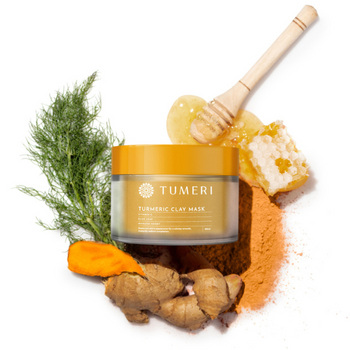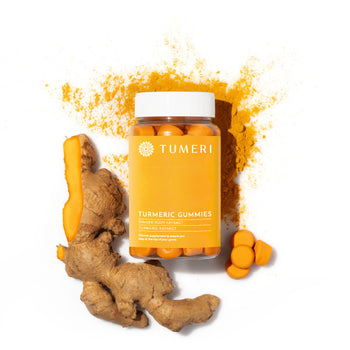Your skin is the first line of defense against the outside world. It protects your body from pathogens and environmental toxins, while also keeping you comfortable and looking good. But did you know that your skin can also be a sign of inflammation elsewhere in your body? In this blog post, we will discuss what inflammation is, why it's bad for your skin, and how to reduce inflammation throughout your body.
Inflammation is a natural response of the body to injury or infection. When inflammation occurs, white blood cells rush to the site of injury or infection to protect the body from further damage. This process can cause redness, swelling, and pain. While inflammation is a necessary part of healing, chronic inflammation can lead to tissue damage and disease.
Chronic inflammation has been linked to a variety of health conditions, including heart disease, arthritis, diabetes, and cancer. And recent research has shown that inflammation may also play a role in skin conditions such as acne, psoriasis, and eczema. So why is inflammation bad for your skin?
One reason is that when inflammation occurs in the skin, it disrupts the barrier function. The skin barrier is a thin layer of lipids that helps to keep moisture in and harmful substances out. When the barrier is disrupted, it can lead to dryness, itching, and inflammation.
Another reason inflammation is bad for your skin is that it damages collagen and elastin, two proteins that give your skin its strength and elasticity. Inflammation causes these proteins to break down, which can lead to wrinkles, sagging skin, and a loss of firmness.
If you're struggling with inflammation or inflammatory skin conditions, there are a few things you can do to reduce inflammation throughout your body. First, eat an anti-inflammatory diet full of fresh fruits and vegetables, healthy fats, whole grains, and lean protein. Second, get regular exercise to help reduce inflammation and improve your overall health.
While inflammation is a natural response of the body, chronic inflammation can lead to serious health problems. By eating an anti-inflammatory diet and getting regular exercise, you can help reduce inflammation throughout your body and improve your overall health.
Do you have any tips for reducing inflammation? Share them in the comments




Leave a comment (all fields required)